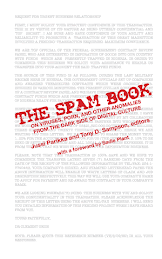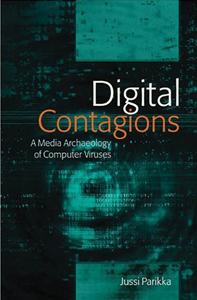
In order to keep sane in the midst of marking, I want to write a post that I have been thinking for a while. Now that I have been banned of going on about Lily Allen as the softcore consumerist critique on the footsteps of Ballard (don't ask), I have focused my energy on another new personal discovery: Client. Well, again, I noticed I am somewhat several years late, so that something new to me has been around for a long time.
Client mixes through its music and visuals a touch of Kraftwerk with Depeche Mode, but in a manner that I would describe as creating a mesmerizing feel of detached, cold, minimalist erotics. Hence, the adoption of themes that all refer to the key modern institutional language of corporations, admin and offices is an ingenious one and amounts to creating an image of the lead singer, Client B, as the Office Diva.
The repetitious catchy music is emblematic of such urban spaces in a similar manner as Kraftwerk tapped into the technological fantasies of modernity on the brink of post-fordist culture. The influences are clear as well. A certain flirtation with Germany; with songs such as Köln; and Drive (ref. Autobahn). The highly rationalized urban spaces and organizational grids of driving culture are opened up to afford also lines of flight as when Client B sings "White lines on a motorway/I'm alive/I'm alive".

Direct references to erotics are continuously present but again on the fine border between passionate and cool, detached, as their uniforms promise. Its the style of erotics that stems from Xerox Machines:
"Let's get together before it's too late/ Collect up the ideas and duplicate/ Filling in the forms/ send ‘em off tonight/ And you'll be the owner/ of the copyright/ Of the copyright, of the copyright."
Desire is machinic, and machines can be the object and relay of desire; this is a key modern theme that actually is the cultural historical background for the fetishistic desire for technology. Cool, detached, uniform; the fetish par excellence. Yet, the gender aspect is not neglected, and the male fantasy where machines/women are conflated is exposed: "You said you want to set my soul free/but I'm just an object of your fantasy." ("Lights go out"). The banal cultural theoretical observation gains its true strength from the ritornello, the returning rhythmic elements of urban alienation.
The true gem from a media theorists position is of course Radio. The post-punk alienation is strengthened by the banality of "radio" as the thematic tie between the bored-oh-so-bored singing voice and the externalized world glassed out through the television screen and voiced out through radio "news". ("They call it news/its not to me/The world's a mess/ on my TV"). Again, the banality of the lines is only understood through the middle-classed-office-divaesque mannerism and voice of Client B. The broadcast media of the modern age is also the relay for the private (but hence so easily approachable in the age of mass reproduction) angst of Client. Customizing Adorno?
I have been thinking -- mostly as a joke -- a new research project on "Admin Culture"; if that would ever actualize in any way, I would definitely include Client there, and offer a much more insightful approach to their sonic art.








No comments:
Post a Comment